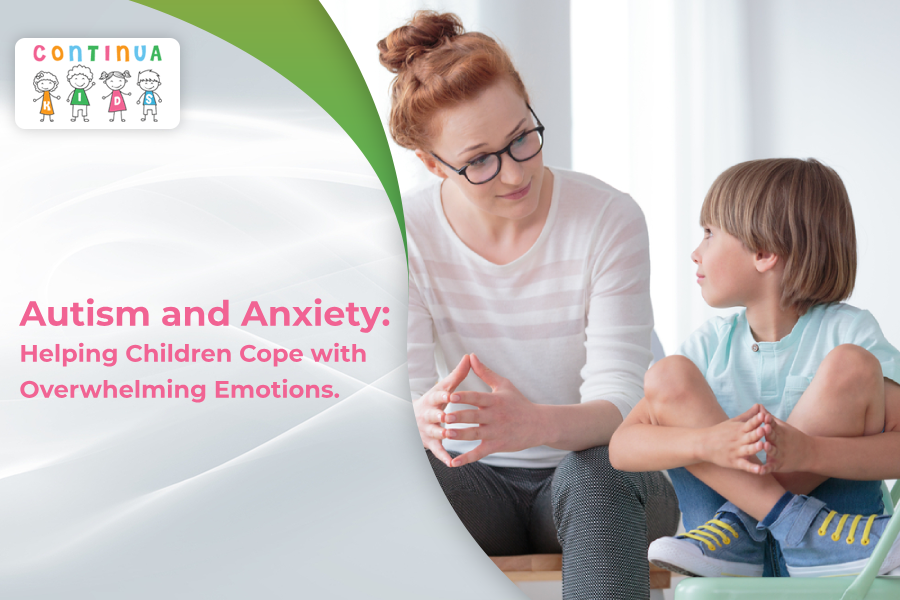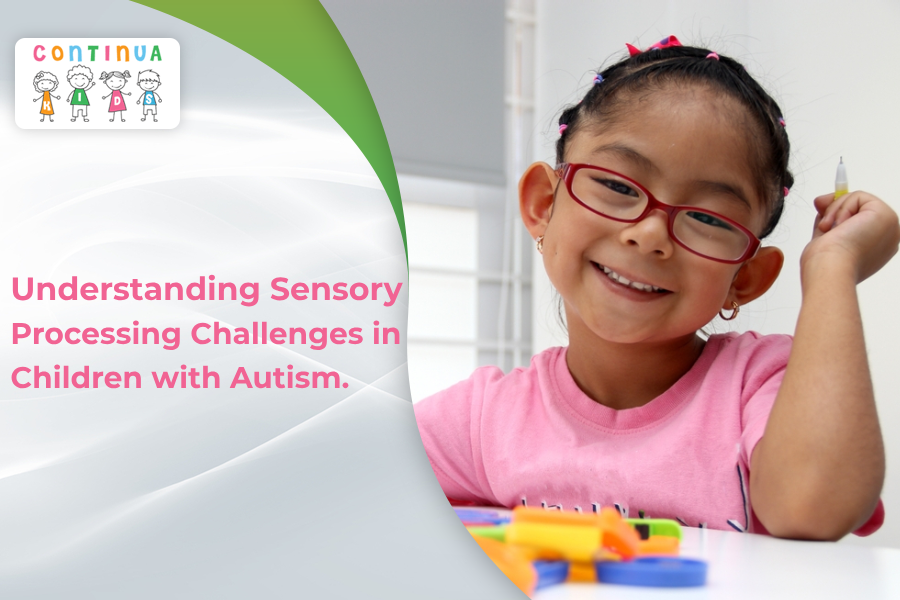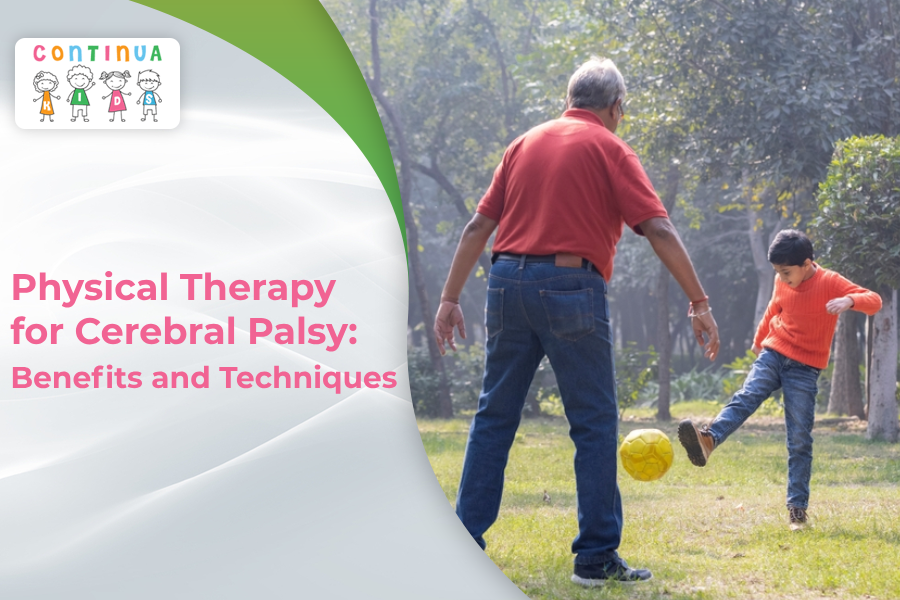Summary: Are you in your late 20s or early 30s and pregnant? If yes, then it is likely that your gynae has prescribed you a screening test for Down’s syndrome? Now, Down’s syndrome screening is a cause of anxiety for most women. Worry not, our specialist, Dr Himani Khanna, Developmental Pediatrician, Continua KIDS is here to relieve you of your anxieties…
You are pregnant and have been asked to get a screening test done for Down’s syndrome. You cannot but think overtime about it: How is the test done? What is Down’s syndrome? Why do I need to get screened for Down\’s syndrome ? when I am healthy and fine?and how the testing for Down\’s syndrome is to be done. ….so on and so forth. Our expert onboard, Dr Himani Khanna, Developmental Pediatrician, Continua KIDS, Gurgaon, is the answer to your anxieties…
Q1. What is Down\’s syndrome?
In medical terms, Down\’s syndrome is a genetic chromosome problem. Children with Down’s syndrome have an extra copy of chromosome 21 in the cells of their body and this affects every part of their body. At conception, when the genetic bundles from the egg and the sperm fuse they get this extra copy of chromosome 21 also known as trisomy 21 (three copies of a chromosome).
In practical life, this manifests in learning difficulties, which can range from mild to severe and can also result in other serious health problems like congenital heart defects, congenital intestinal defects, hip and limb defects , blood cancer etc
Down’s syndrome can be diagnosed prenatally as well as postnatal.
Test done to diagnose it prenatally include screening and diagnostic tests.
The screening tests are not confirmatory and carry no risk of miscarriage.
The diagnostic tests are confirmatory and carry some risk of miscarriage.
Q2. Does the risk increase with increase in the age of the mother?
Yes, the risk increases with the age of the mother and here’s a rough calculation of the risk:
· A 20-year-old woman has a 1 in 1,500 chance of having a baby with Down\’s syndrome.
· A 30-year-old woman has a 1 in 800
· A 35-year-old woman has a 1 in 270
· A 40-year-old woman has a 1 in 100
· A 45-year-old woman has a 1 in 50 risk or greater.
· About 1 in 100 women – with a previous Down\’s syndrome baby – will conceive another with this same ailment
Q3. Who should undergo Down’s syndrome screening and when?
All pregnant women should be recommended the Down’s syndrome screening between 10 and 20 weeks of pregnancy.
First screening at 11-13 wks of pregnancy
This screening includes an ultrasound ( NTScan) followed by blood tests also called as Dual marker or dual screen are advised.
Second screen at 18-22wks of pregnancy
TIFFA ( targeted imaging for Fetal anomalies ) which is again an Ultrasound is done along with a Quadruple screen.
Q4. If the screening tests are positive that what are the diagnostic / confirmatory tests?
In case the screening tests are positive, diagnostic tests are offered which are confirmatory and in case the diagnostic tests are negative, no further testing is required.
The three main diagnostic tests that are used to diagnose Down\’s syndrome before birth are
1) NIPT ( non invasive prenatal testing ) where in cell free DNA is tested, it has a sensitivity of 99%
2) Amniocentesis:It is a process of collecting amniotic fluid in the womb around the baby. This fluid contains cells shed from the baby’s skin, urine and waste products. These cells contain baby’s genetic material and are used to study the chromosome pattern of the baby. This test is done at 15 weeks (or later) of gestational age and has 1 percent risk of miscarriage.
3) Chorionic villus sampling (CVS) where the genetic material is tested on the cells of the tissue, a sample of which is collected directly from the newly formed placenta. This test is conducted at 11 to 15 wks of gestational age and has 1-2 percent risk of miscarriage.
In case of family history or one of the parent is a Down’s syndrome the diagnostic tests are recommended early in pregnancy between 11-13 wks.
IN CASE, THE DIAGNOSTIC TESTS ARE POSITIVE, THEN WHAT ?
The couple needs to visit a Specialist Fetal Medicine Consultant, gynecologist , Pediatrician for a further discussion and to be able to take a decision on termination or continuation of pregnancy, Also if the family and mother decides to continue the pregnancy then the team can advise on the referral for antenatal cardiac scan and any further scans or tests required and may also advise the couple on the choice of the place of delivery which is well equipped to deliver , receive and manage these babies after birth.
Don’t Judge children with Down’s syndrome based on their diagnosis because then you may miss out on their abilities, beauty and uniqueness .





Найдите свой идеальный вариант недвижимости в Объединенных Арабских Эмиратах.
<a href=https://triumf-realt – лучший сайт, на котором вы найдете все необходимое!